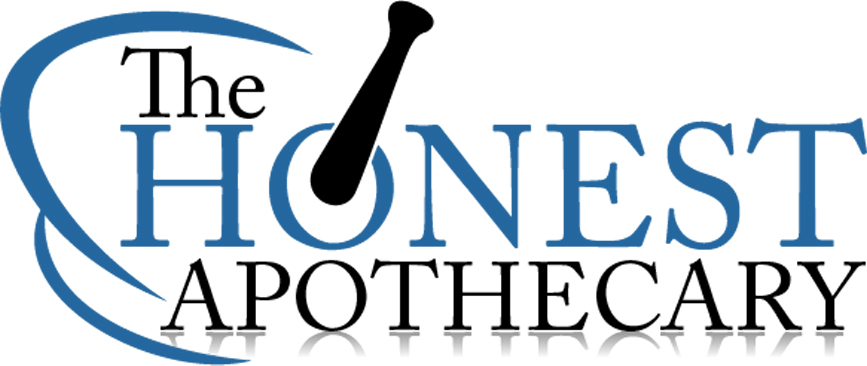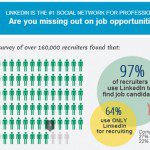[dropcap]I[/dropcap]f you haven’t read Daniel Goleman’s book entitled “Emotional Intelligence” then I highly recommend you put it near the top of your reading list. It isn’t a new book. I think it was originally written about 20 years ago. But many new books being written today continue to build on his early research and discoveries. The gist of his message is that there is something perhaps far more important in predicting success than a person’s raw knowledge and IQ. I think we all instinctively know this to be the truth. We see it all around us. Many people are “book smart” but “life dumb.” They could always get the right answer on a multiple choice test…but when it comes to life-choices, they seem to always get it wrong.
What, exactly, is emotional intelligence? At one point in his book Goleman describes it this way:
[quote style=”boxed”]It is the ability to motivate oneself and persist in the face of frustrations; to control impulse and delay gratification; to regulate one’s moods and keep distress from swamping the ability to think; to empathize and to hope.”[/quote]
As a pharmacist familiar with the daily challenges that our workplace setting often involves, I’m beginning to think that emotional intelligence might be worth spending some time talking about in pharmacy school. Do we “face frustrations” (like unreasonable demands from others) and often need to “delay gratification” (like a simple lunch break or refraining from screaming!) and mustn’t we always “keep distress from swamping the ability to think?” Don’t our patients need us often to dispense empathy and “hope” as often as we dispense education and medicine? If so, emotional intelligence is an indispensable asset all pharmacists should seek to acquire.
In fact, emotional intelligence is, in my opinion, a far greater predictor of career success in pharmacy than grades, schools, certifications or job title.
What is an emotionally intelligent pharmacist?
An emotionally intelligent pharmacist learns to recognize and control how his/her mood is affecting others around them. Sadly many pharmacists don’t see this. Something upsets them and their foul mood fills the room like smoke from a campfire – stinging the souls everyone nearby. Maybe it is the hectic pace or an unnerving customer or an unpleasant visit from the boss. Whatever it is, their emotional response sets the tone – and the whole atmosphere is sometimes ruined.
An emotionally intelligent pharmacist gains an awareness of how they come off to others, and this helps them grow in their usefulness to patients, employers and co-workers. They are, as Goleman put’s it, “self-aware.” Pharmacy is a career which, for the most part, involves teamwork. Individuals who are not self aware have difficulty fitting in with a team as they cannot overcome the problem of seeming out of place wherever they work.
An emotionally intelligent pharmacist often communicates much better with patients. They can empathize. They know how to talk in “normal” language. They pick up on normal cues that the person isn’t following them. They transmit a genuine and positive attitude that is welcoming to be around.
Does it matter?
I believe that mastering our emotions is just as important as all the clinical and academic knowledge we need to digest. It’s not that emotional intelligence can replace the importance of pharmaceutical knowledge. It can’t. But knowing facts is a far different thing from knowing how to use our knowledge in whatever workplace setting we are in. I believe pharmacists would do well to think about the subject of emotional intelligence. Our attitudes make a huge difference in the quality of the work that goes on around us, the health of our workplace and the health of our patients.
Those wishing to learn more about this subject should read Goleman’s book. He has a whole chapter on medicine and mental health. It is remarkable how much our attitudes play a role in our physical well-being. Many studies confirm this. And if that is the case, don’t we have some obligation to do all we can to help improve the outlook and attitudes of our patients if we truly value their wellness and health? At the very least, this is something to think more deeply about.
©Jason Poquette and The Honest Apothecary. Unauthorized use and/or duplication of this material without express and written permission from this blog’s author and/or owner is strictly prohibited. Excerpts, quotes and links may be used, provided that full and clear credit is given to Jason Poquette and The Honest Apothecary with appropriate and specific links to the original content.
Emotional Intelligence Pharmacy
Last modified: July 30, 2016
















